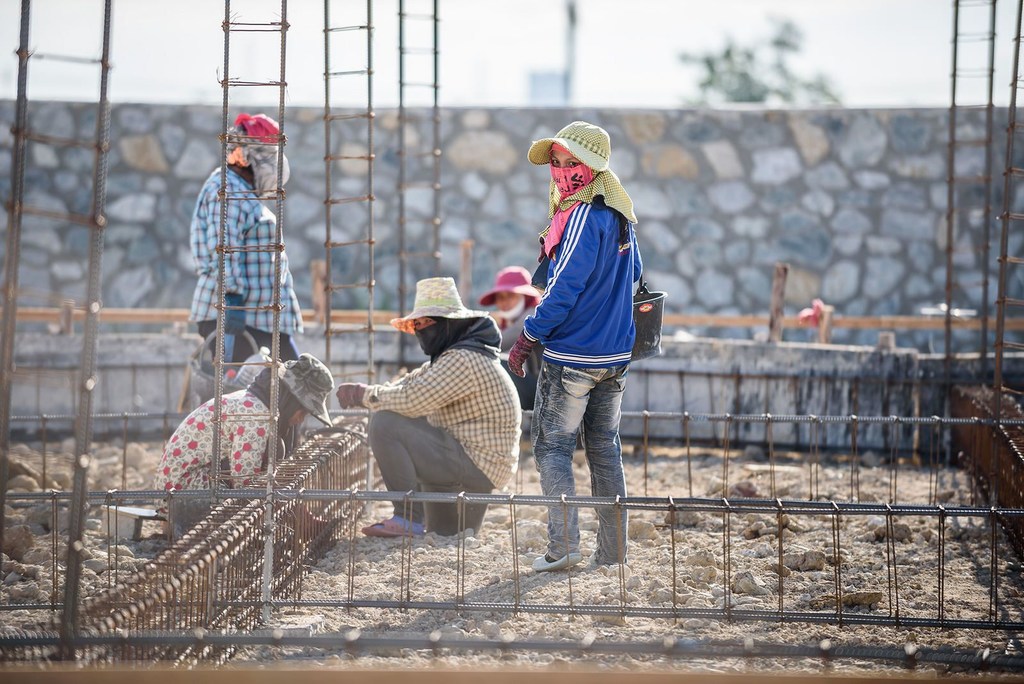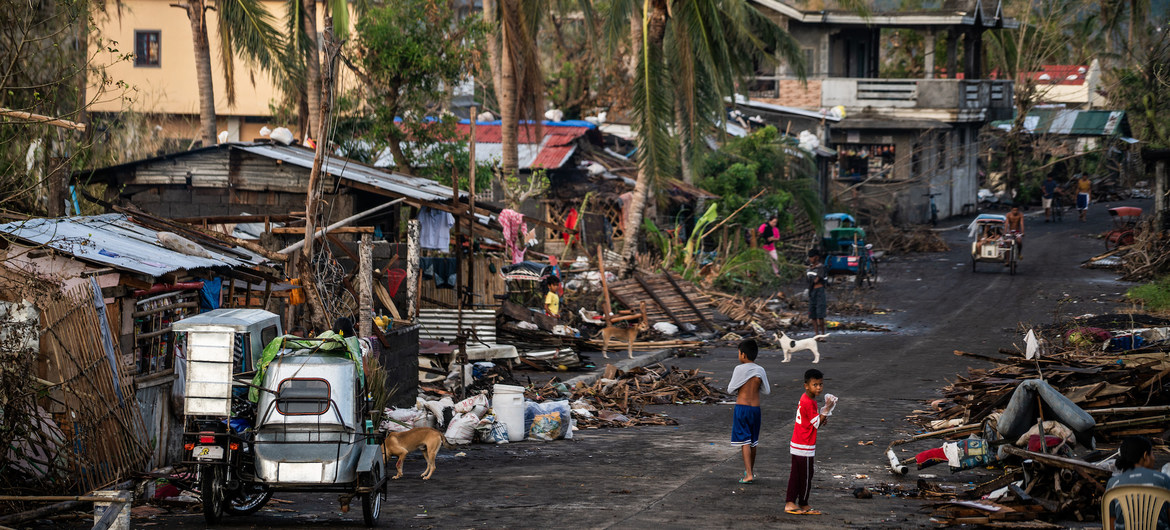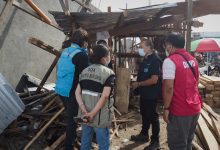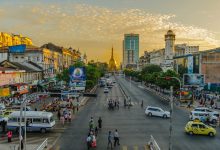Asia-Pacific: UN forum highlights central role of migrants in world’s most populous region
 United Nations officials on Wednesday highlighted the contributions of migrants to economies and societies in Asia and the Pacific, calling on countries to ensure all who live within their borders are fully included in national coronavirus inoculation programmes.
United Nations officials on Wednesday highlighted the contributions of migrants to economies and societies in Asia and the Pacific, calling on countries to ensure all who live within their borders are fully included in national coronavirus inoculation programmes.
Addressing a UN regional forum on migration, António Vitorino, Director-General of the UN International Organization for Migration (IOM) underlined the key role migrants played before, during and after the worst of the pandemic’s waves.
“From healthcare to logistics, food supply chains to agriculture, and social services, migrants working alongside nationals have risen to the challenge and made a marked contribution to the communities they have joined, as well as those from which they have come”, Mr. Vitorino said.
Armida Salsiah Alisjahbana, Executive Secretary of the UN Economic and Social Commission for Asia and the Pacific (ESCAP), added that migrants will remain vital as countries recover from the global crisis.
“Migrants will be crucial to the long-term recoveries of countries, and their contributions to our societies must be recognized and valued”, Ms. Alisjahbana said.
The officials urged action to advance the implementation of the Global Compact for Safe, Orderly and Regular Migration in Asia and the Pacific, the region home to almost 40 per cent of the world’s migrants.
“International migration must be governed by the rule of law and due process”, the head of ESCAP said, calling also for cooperation between governments at all levels and strengthening the implementation of the 2030 Agenda for Sustainable Development, given linkages between the Global Compact and the Sustainable Development Goals (SDGs).
Adopted in 2018, the Global Compact is the first-ever negotiated global framework on a common approach to international migration in all its dimensions. Comprising 23 objectives, it aims to reduce the risks migrants face, address legitimate concerns of communities, and create conducive conditions that enable all migrants to enrich societies.
Migrants ‘embody Asia-Pacific’s dynamism’
In her remarks, Ms. Alisjahbana also highlighted international migration as a “key accelerator” of sustainable development in the region.
According to ESCAP, about 65 million international migrants live in Asia and the Pacific, 70 per cent of whom come from within the region. In 2019, countries there received over $330 billion in remittances – nearly half of the global total – supporting household consumption and helping reduce poverty.
“Migrants embody the [Asia-Pacific] region’s dynamism, adaptability and future, as they seek to better themselves and contribute both to the communities they come from and those to which they migrate”, Ms. Alisjahbana said.
At the same time, migration faces “varied and complex” challenges including political, economic and social, as well as criminal activities such as smuggling and trafficking in persons.

OCHA/Martin San DiegoResidents of Barangay Baybay in Malinao, Albay, rummage through what was left of their destroyed homes, a week after Typhoon Goni (local name Rolly) destroyed most of their village.
Impact of climate change and disasters
The situation is further complicated by disasters and natural hazards, Mr. Vitorino warned.
That fact is especially true for Asia and the Pacific, one of the most disaster-prone regions in the world, suffering billions in economic losses and losing thousands of lives every year.
Such destructive events, which are expected to increase in scale and in intensity due to impacts of climate change and environmental degradation, are a constant threat to the region’s population and economies, added the head of IOM.
“Connected to this, violence against women and girls, including gender-based violence has been shown to increase in prevalence and severity in communities experiencing a disaster”, he said, calling for concerted efforts to protect women and children, “especially in the context of migration – now exacerbated by the scourge of COVID-19.”
Three-day regional review
Convened from 10-12 March, the regional forum, takes stock of the implementation of the Global Compact, with the outcomes feeding into the International Migration Review Forum, which will be held in 2022.
Over the next three days, senior officials from ESCAP member States, international organizations, organizations representing migrant workers and UN entities will discuss opportunities for and challenges to migration, as well as identify best practices and approaches to promote safe, orderly and regular migration in the region.
Also on the agenda are several side events, including an event focusing on migrant children’s access to education, and one on regular pathways for migrants in vulnerable situations.
Due to the coronavirus pandemic, the forum is being held in a largely virtual setting, with most participants attending remotely.



